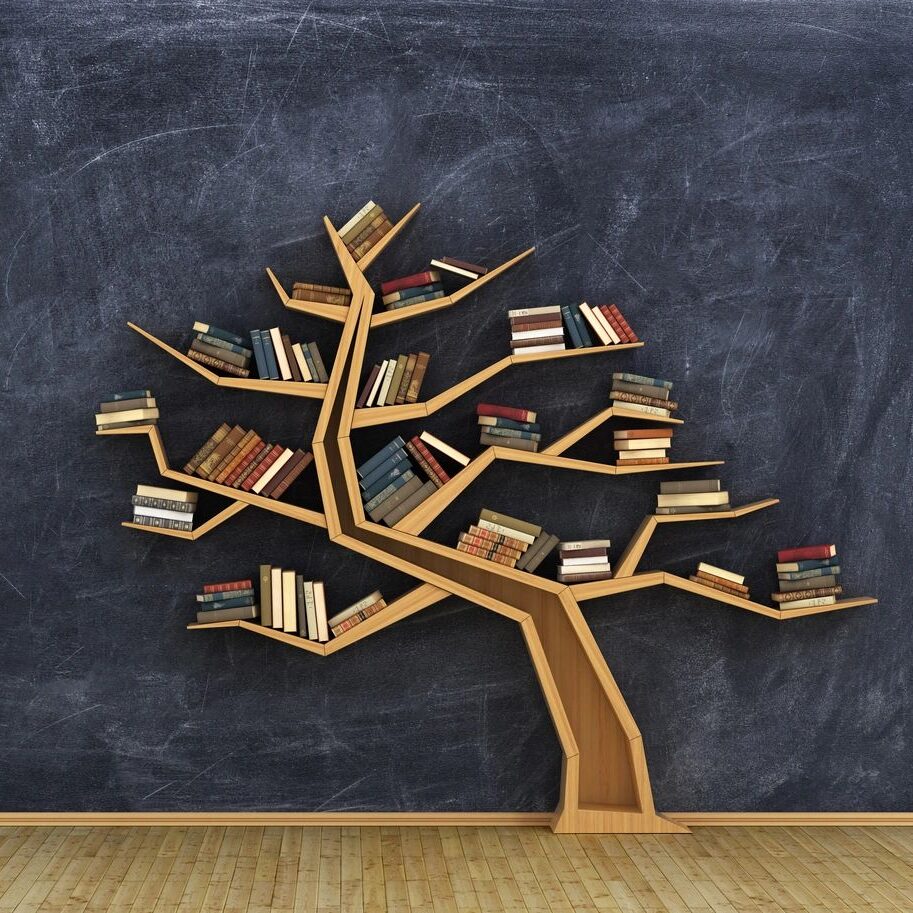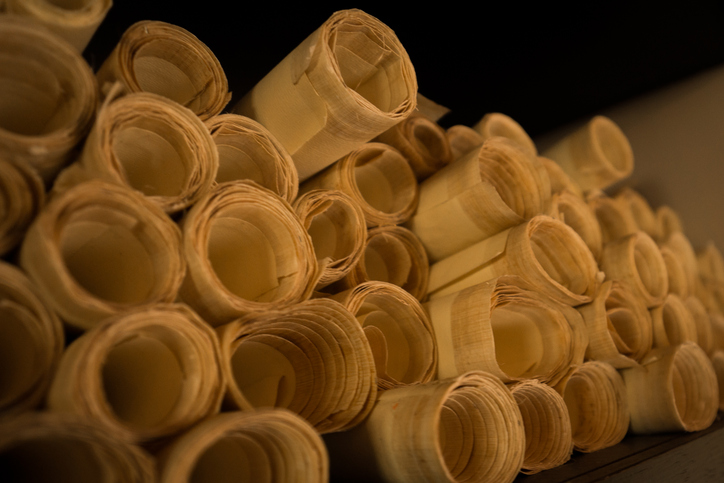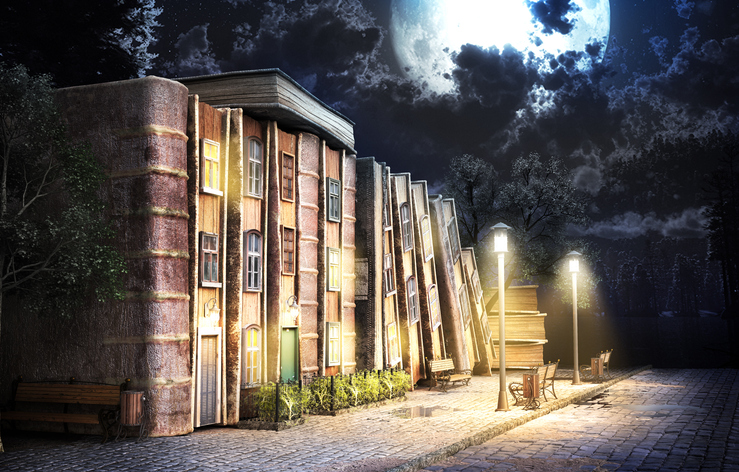Every, once in a while I come across ideas which would make for great student learning. Here is one of those ideas…
I have been wanting to write about this ancient center of learning for quite some time. I believe that in order to inspire our students, we should teach them history. Warts and all…we should teach them all of it. There is a connection between people and our collective past which must be forged in our classrooms. History humbles us. History reminds us that there were some really, really intelligent people who came thousands (if not tens of thousands) of years before us. History warns us. History instructs us to act wisely. In this age of STEM instruction, our students IMHO are suffering from a type of cultural amnesia due to a lack of emphasis of the honest teaching of history.
The Library of Alexandria was likely founded by Alexander the Great and one of his generals. It is said to have at one time housed copies of most of the significant manuscripts of the ancient world. It was called the Mouseion or shrine of the muses. In addition to massive numbers of parchment manuscripts, it provided labs, a zoo, lecture halls, and a medical school of sorts. In the civilized world, it was the(stress) center of learning.
The works of Aristotle, Pythagoras, Plato, and Sophocles are just a sampling of the great works which were found its halls. The library sent out collectors all over the world in order to bring back knowledge. In a very real sense, it was a precursor to the internet. There has likely never been a more thorough collection of knowledge in a single place before the onset of the world wide web.
There are many narratives of its demise. The narrative that most know is that there was a fire(or multiple fires) as the city was placed under siege by Caesar. Actual reality is that the library gradually lost its influence and collections as Greece and Rome became centers of learning. Its loss is of a magnitude that is nearly indescribable. Think about losing all of the internet databases and the knowledge found on those servers. That is what was lost.
It is both a reminder of the good that humanity is able to construct. It is also a warning that knowledge can be lost if not curated, protected, and shared.
https://www.livescience.com/rise-and-fall-of-the-great-alexandria-library
https://penelope.uchicago.edu/encyclopaedia_romana/greece/paganism/library.html
Discover more from Rob's Innovation in Education Blog
Subscribe to get the latest posts sent to your email.




